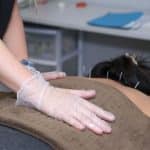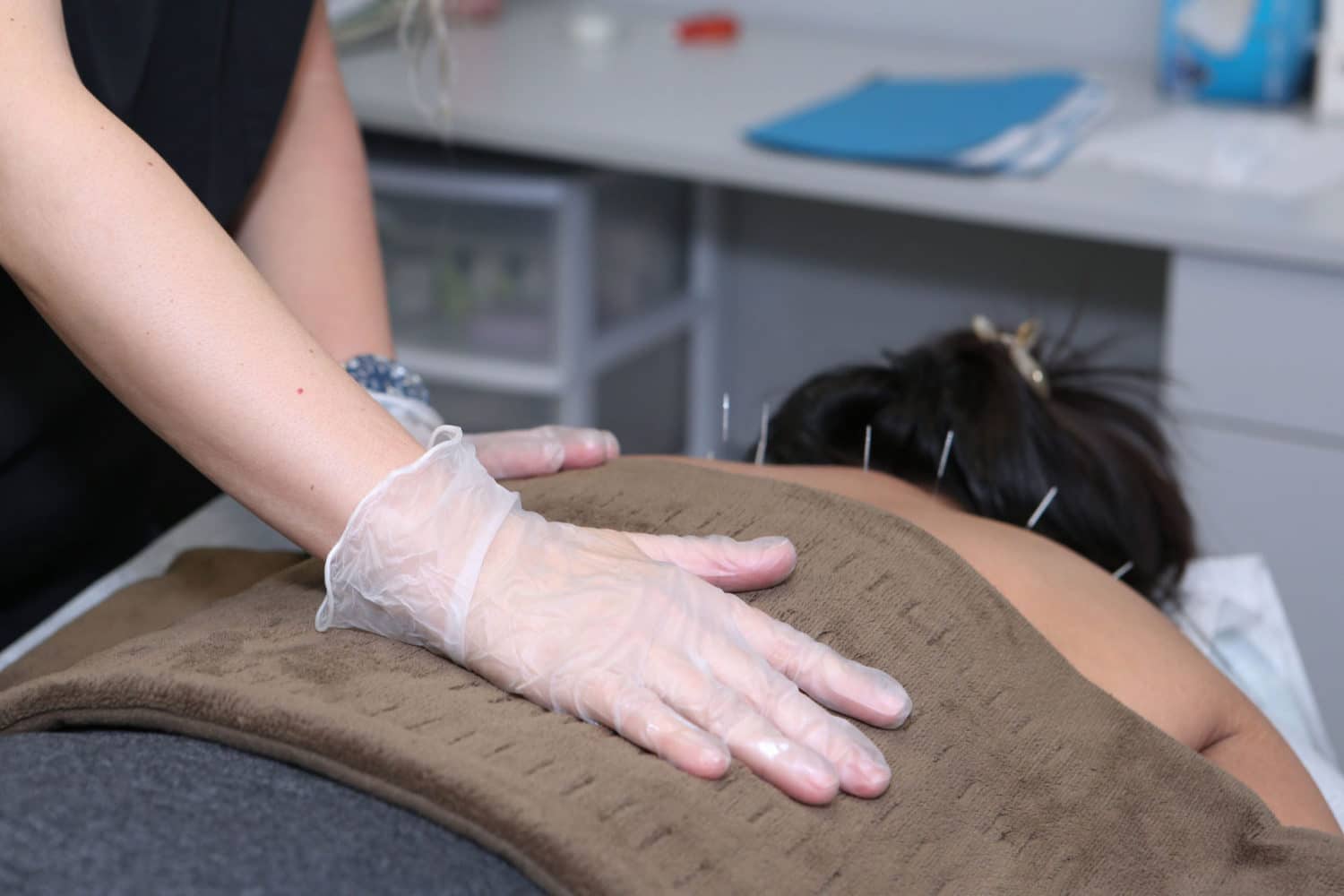The medical practice of acupuncture dates back to ancient China and has been used for over 3000 years to treat all kinds of physical pain, as well as mental health issues like anxiety and depression. Recent research has found that acupuncture for sleep can be helpful. For those who have trouble sleeping, acupuncture can relieve insomnia and improve sleep quality. Let’s explore more about this ancient practice and how it can help you.
What is Acupuncture?
Acupuncture began as a traditional Chinese medical practice before being adopted by the West in the 19th century. It involves strategically inserting very thin needles into the skin at specific points in the body called acupoints. These acupoints, of which there are over 500, prompt the release of chemicals to relieve symptoms of various conditions. However, instead of the modern scientific view of releasing chemicals in the body, ancient practices saw acupuncture as the regulation of energy, or qi, through pathways known as meridians. Acupuncture is then able to fix imbalances and blockages in energy flow, in turn resolving pain.
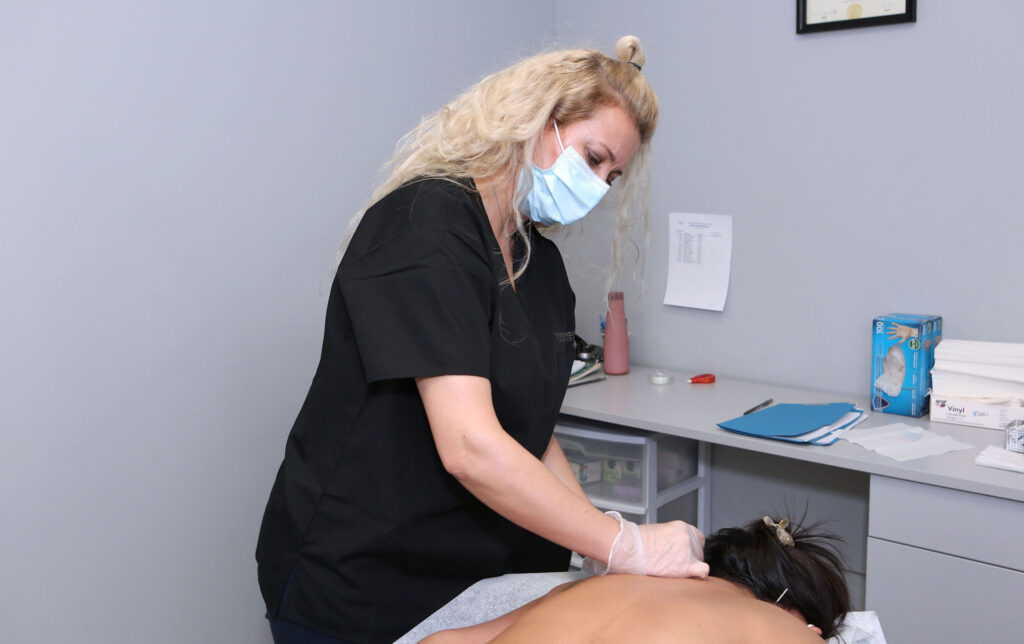
How Does Acupuncture for Insomnia Work?
Acupuncture works by targeting disorders that directly impact or cause insomnia. These include chronic pain, anxiety, and sleep apnea.
Through targeting these specific disorders and reducing their symptoms, insomnia can be relieved.
Research has shown that when using acupuncture to alleviate chronic pain, various chemicals like endorphins, encephalins, dynorphins, and corticosteroids are enhanced and released, improving sleep quality.
Limited studies have also revealed that acupuncture for sleep apnea can stimulate the muscles in the nose, mouth, or throat, reducing the number of times a person stops breathing throughout the night.
Benefits of Acupuncture for Sleep
One of the most common questions we get asked is “can acupuncture help with sleep?”
The answer is a resounding “yes.”
But, what are the specific benefits? The major benefit of acupuncture is, of course, improved sleep quality. Sleep quality is enhanced as acupuncture can reduce the amount of times you wake up in the night and increase your total sleep time.
It can also reduce your levels of anxiety and stress. Acupuncture brings about a sense of calm, which improves sleep as anxious thoughts disappear, allowing you to relax.
There are also additional holistic benefits, including improved digestion and pain relief, that contribute to better sleep.
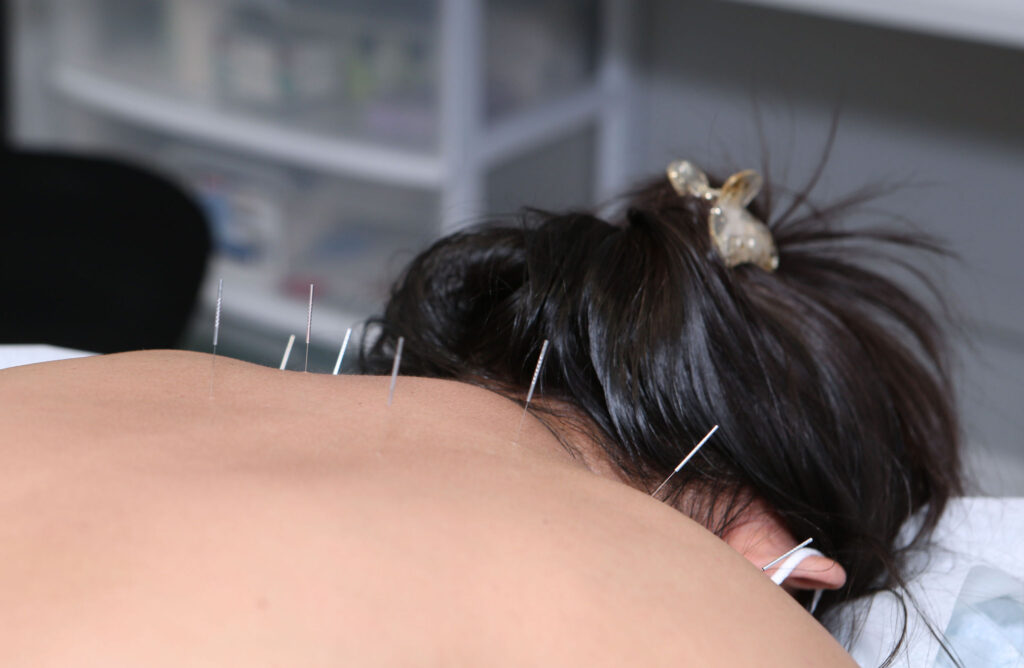
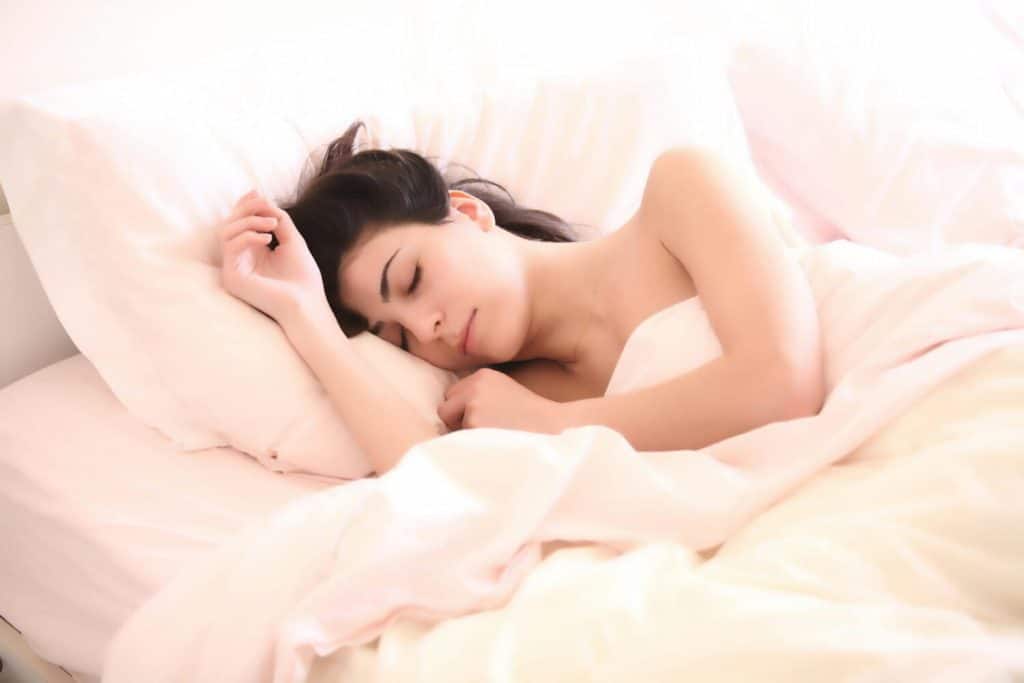
Acupuncture Techniques for Sleep
Some acupuncture points for insomnia are:
There are different types of techniques that can be used in acupuncture apart from standard needle insertion.
These involve acupressure, which simply applies pressure to acupuncture points, and electroacupuncture, which uses electrical currents.
Combining Acupuncture with Other Sleep Treatments
To better relieve insomnia, acupuncture can be combined with other treatments like cognitive behavioural therapy, medication, and lifestyle changes. Cognitive behavioural therapy prioritizes restructuring behaviours, thoughts, and feelings that contribute to insomnia, while sleep medication can make you drowsy, helping you fall asleep faster. Lifestyle changes such as exercising regularly can also help improve sleep quality.
As well, there are holistic approaches to sleep health that can incorporate acupuncture including herbal remedies like ginseng and chamomile to help you fall asleep and stay asleep throughout the night, aromatherapy to help you relax, and meditation which improves mindfulness and subsequently sleep.
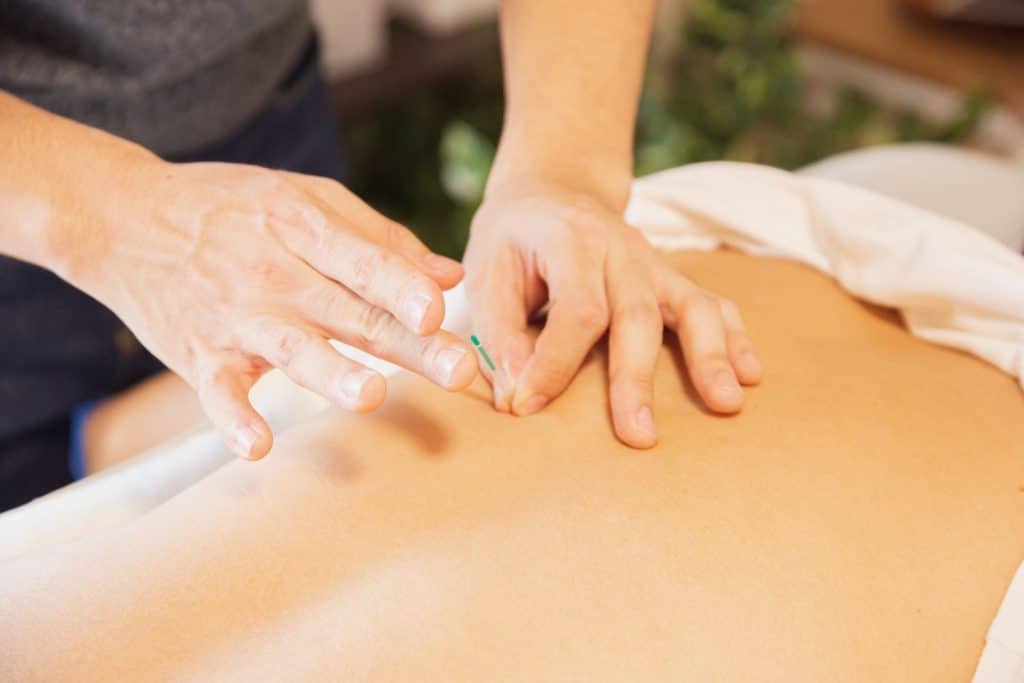
What to Expect During Acupuncture Appointment
An acupuncture appointment begins with a thorough intake, discussing your ailments with your practitioner so that they can determine what acupressure points for sleep to use. A typical session is around 1 hour with 20 to 30 needles inserted into various points.
The practitioner may insert needles into the ear and may decide to supplement the acupuncture with cupping therapy or moxibustion (a form of traditional Chinese therapy that burns dried mugwort on particular spots on the body). The other types of acupuncture techniques previously discussed could also be used.
Book Your Next Acupuncture Visit With Us
Acupuncture for insomnia targets various symptoms to help improve sleep quality. There are many benefits of acupuncture when it comes to sleep, as well as specific acupuncture points and techniques that can help. At Newmarket Health and Wellness, our experienced team is here for all your acupuncture needs.
Contact us today to book an appointment and begin your healing journey.
related Article: 8 Benefits of Acupuncture

